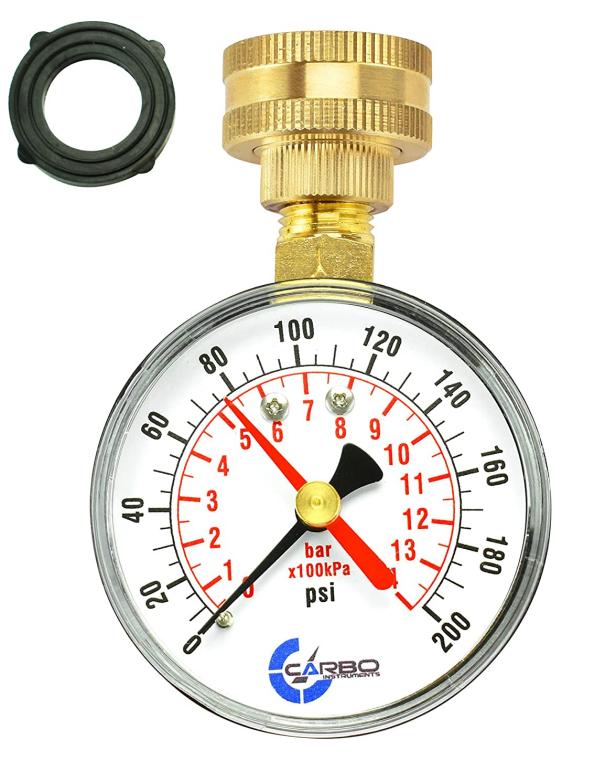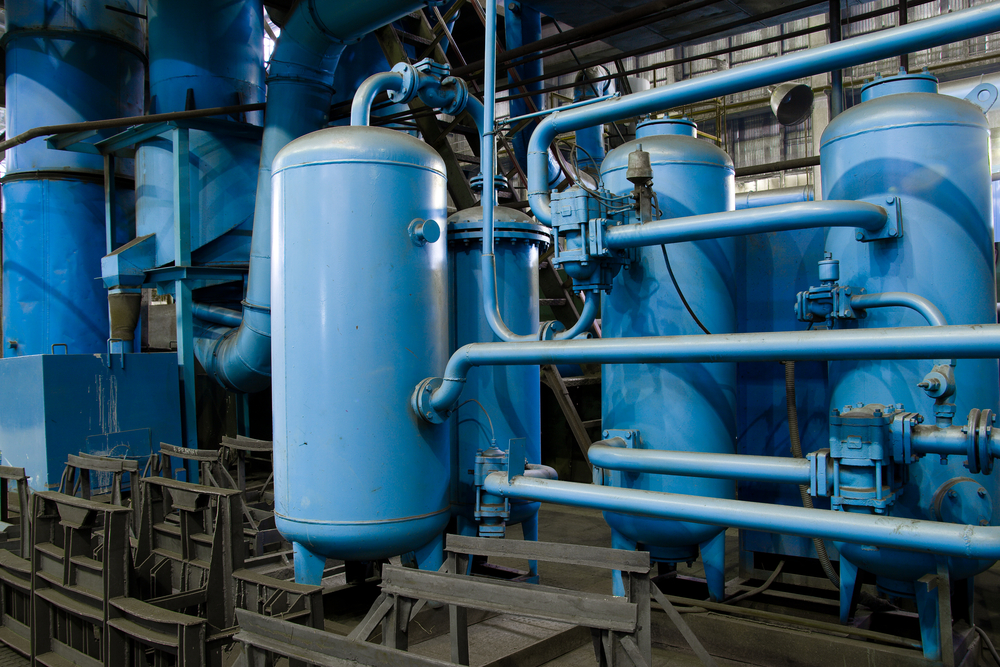Highly-Rated Methods for Fixing Low Water Pressure in Your Home
Highly-Rated Methods for Fixing Low Water Pressure in Your Home
Blog Article
This great article down below involving 9 Reasons for Low Water Pressure in Your House is totally interesting. Don't skip it.

Low water pressure in your house can be an aggravating trouble, affecting everything from bathing to washing dishes. If you're experiencing weak water flow, there are a number of possible causes and services to discover. In this guide, we'll review typical reasons for low water stress and functional steps to resolve the issue efficiently.
Intro to Low Tide Stress
Low tide pressure happens when the flow of water from your taps, showers, and various other fixtures is weaker than common. This can make day-to-day jobs a lot more difficult and less effective. Comprehending the reasons for low tide stress is critical to finding the ideal solution.
Common Reasons For Low Tide Stress
Faulty Pressure Regulators
Pressure regulatory authorities are in charge of keeping consistent water pressure in your house. If they malfunction, it can cause low tide stress or irregular circulation throughout your house.
Municipal Water Issues
Sometimes, the issue exists outside your home. Municipal water supply concerns, such as main line leakages or upkeep work, can temporarily reduce water stress in your area.
Pipeline Obstructions
Gradually, pipelines can become clogged with natural resource, debris, or debris, restricting the flow of water. This is a common concern in older homes with galvanized steel pipelines.
Deterioration
Rust within pipes can result in leakages and reduced water pressure. Rust build-up can constrict water flow, specifically in aging plumbing systems.
Just How to Identify Low Water Stress
Inspecting Pipelines
Check visible pipelines for indications of leakages, rust, or clogs. Take note of any unusual sounds, such as banging or rattling pipes, which can indicate problems within the plumbing system.
Consulting with a Plumber
If you're unable to identify the source of low water pressure, think about working with an expert plumber to carry out a thorough examination. They can determine underlying problems and suggest ideal solutions.
Checking Taps and Components
Begin by examining the water pressure at various taps and fixtures throughout your home. If the concern is separated to certain areas, it might indicate local problems.
Do It Yourself Solutions to Take Care Of Low Water Pressure
Flushing Hot Water Heater
Sediment accumulation in the hot water heater can restrict flow and lower effectiveness. Purging the tank occasionally helps remove debris and preserve optimum performance.
Inspecting Stress Regulator
Make sure that the stress regulator is working appropriately. Readjusting or changing the regulatory authority can aid restore correct water pressure throughout your home.
Cleansing Aerators and Showerheads
Natural resources can collect in aerators and showerheads, reducing water circulation. Get rid of and cleanse these elements on a regular basis to boost water stress.
Clearing Clogs in Pipes
For minor clogs, try utilizing a plumbing snake or chemical drain cleaner to clear blockages in pipes. Be cautious when utilizing chemicals and comply with safety guidelines.
When to Call a Specialist Plumber
If DIY efforts stop working to settle the problem or if you think significant plumbing troubles, it's best to look for aid from a certified plumber. They have the knowledge and devices to address intricate problems safely and effectively.
Safety Nets to Preserve Water Pressure
Setting Up a Stress Booster
Take into consideration mounting a stress booster pump to boost water pressure in locations with constantly low flow. This can be specifically beneficial for multi-story homes or residential or commercial properties with high-demand fixtures.
Monitoring Water Usage
Bear in mind water use behaviors and avoid overtaxing the plumbing system. Simple modifications, such as staggering showers and washing loads, can assist preserve ample water stress.
Routine Maintenance
Arrange regular upkeep for your plumbing system to prevent issues such as corrosion, leaks, and blockages. Addressing small troubles early can aid stay clear of more considerable repair work later on.
Verdict
Handling low water pressure can be discouraging, but recognizing the underlying reasons and applying suitable solutions can restore optimal flow throughout your home. Whether it's cleaning up aerators, evaluating pipelines, or talking to a plumber, taking aggressive steps can make certain a constant supply of water for your daily demands.
How to Fix Low Water Pressure In Your Home
Municipal Water Supply Issues
Scheduled maintenance, high demand, and water main breaks are all potential causes for low water pressure within a city or county’s water lines. While there’s not much you can do to personally fix a problem with your city or county’s water supply system, you can play a big role in documenting the issue and alerting those who can.
How to fix it:
Ask your neighbors if they are experiencing any issues with low water pressure. If multiple homes are affected, it’s likely related to the city’s water line. Contact the local Water Authority to see if there is any maintenance taking place that might be affecting your supply. Also let them know of your specific issues. If other homeowners report the same issues, they’ll know that there could be a larger issue to look into. Faulty Fixtures
A damaged or clogged shower head, faucet or appliance is the first thing we’d suggest checking, especially if low water pressure appears to be isolated to a specific area of your home.
How to fix it:
First, turn off the main water supply to your home. Check the affected appliances for build-up or debris. In the case of a faucet, you can simply unscrew the aerator at the tip of the faucet. Showerheads should be fully detached from the water pipe. While the appliances are detached, you may want to check the water supply to determine if the fixtures were in fact the issue. To clean, soak the showerhead or aerator in vinegar and brush off any visible debris. Reattach the fixtures and check the water pressure again. If it is still low, there is likely a deeper issue at hand, which can be determined by a professional plumber. Pipe Obstructions
Mineral deposits, rust or other debris within water pipes can lead to blockages or corrosion over time.
How to fix it:
When you think of a clog, you probably think of a drain clog. While there are many DIY solutions to clearing a drain, clogs in a water pipe will almost always require the help of a professional plumber. A plumber will be able to locate the affected pipe and clean out any debris or mineral deposit buildup. In severe cases, the pipe may need to be replaced. Your plumber might also recommend a water softening system to remove the minerals from your home’s water supply that can contribute to pipe blockages over time.
Plumbing Leak
Undetected water line leaks can divert water away from your residential pipes, reducing the water pressure in your fixtures.
How to fix it:
Check your water meter by turning off all water sources and monitoring the meter for any movement, which could be a clear indicator of a potential leak. Check all visible pipes for signs of leaking, including water stains, active dripping or damp spots around the pipe. Inspect fixtures, including faucets and showerheads, for any drips. Test the pressure but recording the pressure with the main water valve shut off. Leave off for a few hours and test again. A significant drop in pressure is a clear sign of a leak. https://kiddcoplumbing.com/plumbing-blog/how-to-fix-low-water-pressure/

I am just very serious about 10 Reasons for Low Water Pressure in Your House and I'm hoping you enjoyed reading my piece. Sharing is caring. You never know, you will be doing someone a favor. We thank you for your readership.
Click Here Report this page